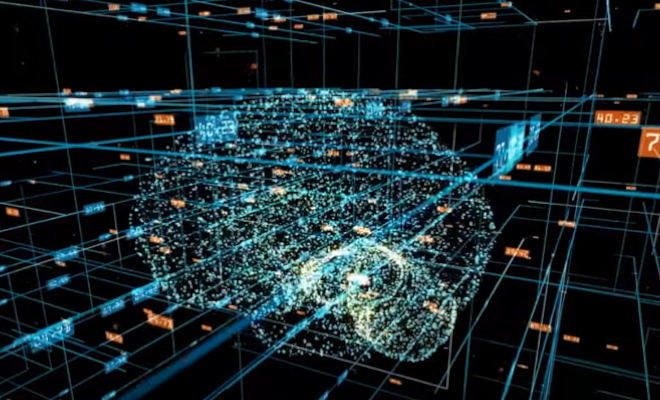-
Main Keynotes:
- The new paradigm in AI emphasizes the importance of inference time
- Autonomous AI agents are expected to revolutionize workplaces by 2025
- The future of AI involves humanoid robots and systems that can manipulate the physical world.
-
Inference Time in AI:
- The new paradigm in AI emphasizes the importance of inference time, where models think before responding, leading to smarter outputs. This is akin to System 1 (quick responses) and System 2 (deliberative reasoning) thinking. The longer the model thinks, the higher the quality of the answer produced.
-
AI Agents:
- Autonomous AI agents are expected to revolutionize workplaces by 2025, performing various tasks for individuals and organizations. These agents will be integrated into companies similarly to onboarding new employees, requiring training and evaluation.
-
Physical AI:
- The future of AI involves humanoid robots and systems that can manipulate the physical world. This requires advanced computing systems to train and deploy these robots effectively.
Detailed Insights
Inference Time
- The concept of inference time is crucial as it impacts the quality of AI responses.
- System 1 vs. System 2:
- System 1: Immediate, instinctive responses.
- System 2: Thoughtful, reasoned responses that require planning and computation.
AI Agents
- Autonomous AI:
- Expected to become prevalent by 2025, capable of performing diverse tasks, enhancing productivity in various sectors.
- Agent Lifecycle:
- Involves training, fine-tuning, and deploying agents to ensure they meet specific organizational needs.
Physical AI
- Humanoid Robots:
- Designed to interact and work alongside humans, transforming industries by automating physical tasks.
- Computing Infrastructure:
- Nvidia builds three types of computers to support the development of physical AI:
- DGX Computers: For training AI models.
- AGX Jetson: For deploying AI in robotics.
- Omniverse: A simulation platform for training robots in a physics-based environment.
- Nvidia builds three types of computers to support the development of physical AI:
Conclusion
Nvidia's AI Summit in India highlighted the transformative potential of AI through improved inference times, the rise of autonomous agents, and the development of physical AI systems. These advancements promise to reshape industries and enhance productivity, making AI an integral part of the future workforce.

 EN
EN  MT
MT  DE
DE  FR
FR  ES
ES  IT
IT 